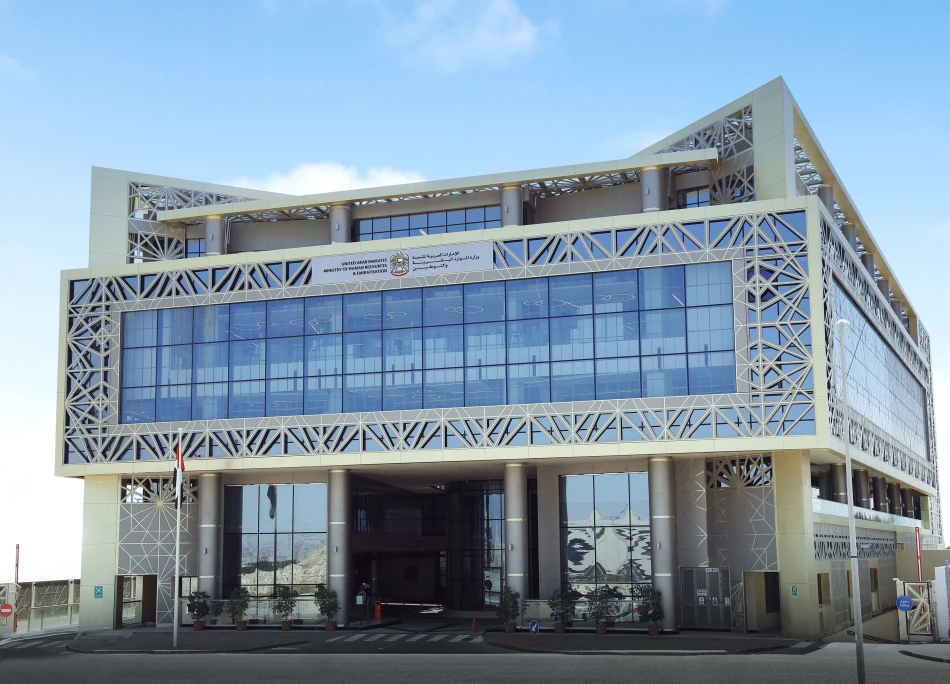
Celebrate the Prophet's Birthday: Private Sector Enjoys Holiday on September 5th
UAE Declares Paid Holiday for Private Sector Workers to Mark Prophet Muhammad's Birthday
The UAE Ministry of Human Resources and Emiratisation has announced that Friday, September 5, 2025, will be an official paid holiday for all private sector employees in recognition of the Prophet Muhammad's birthday (Mawlid al-Nabi). The decision reinforces the UAE's commitment to honoring Islamic traditions while maintaining its position as a business-friendly destination that respects religious observances.
Official Announcement and Scope
The ministry's declaration ensures that private sector workers across the Emirates will receive full compensation for the religious holiday, extending the same benefits typically reserved for public sector employees. This comprehensive approach demonstrates the government's effort to create parity between public and private employment conditions during significant religious celebrations.
The ministry also extended congratulations to the UAE's leadership, citizens, and residents on this occasion, emphasizing the inclusive nature of the celebration across the country's diverse population.
Strategic Implications for UAE's Labor Market
This announcement reflects the UAE's broader strategy of balancing economic competitiveness with cultural sensitivity. By mandating paid leave for religious observances, the government strengthens its appeal to Muslim professionals and businesses while maintaining its reputation as an inclusive workplace destination.
Impact on Business Operations
Companies operating in the UAE will need to factor this additional paid holiday into their 2025 planning and budgets. For multinational corporations, this represents part of the operational cost of doing business in the Gulf region, where religious holidays carry significant cultural and legal weight.
The early announcement provides businesses with nearly a year's notice, allowing for proper workforce planning and project scheduling around the extended weekend that the Friday holiday will create.
Regional Context and Comparisons
The UAE's approach aligns with similar policies across the Gulf Cooperation Council states, where Islamic holidays are universally recognized with paid leave provisions. However, the UAE's explicit inclusion of private sector workers in such announcements often sets a regional standard that other Gulf states follow.
This policy also supports the UAE's Vision 2071 goals of maintaining social cohesion and cultural identity while pursuing rapid economic diversification. The balance between honoring Islamic traditions and maintaining business efficiency has become a hallmark of the Emirates' governance model.
Economic and Social Significance
The paid holiday designation carries economic implications beyond individual paychecks. It ensures continued consumer spending during the holiday period and prevents potential labor disputes over religious observance rights. For the UAE's large expatriate workforce, many of whom are Muslim, such policies enhance job satisfaction and retention rates.
The announcement also reinforces the UAE's soft power strategy in the Islamic world, positioning the country as a leader in balancing modern business practices with respect for Islamic values and traditions.
Most Viewed News

 Sara Khaled
Sara Khaled






